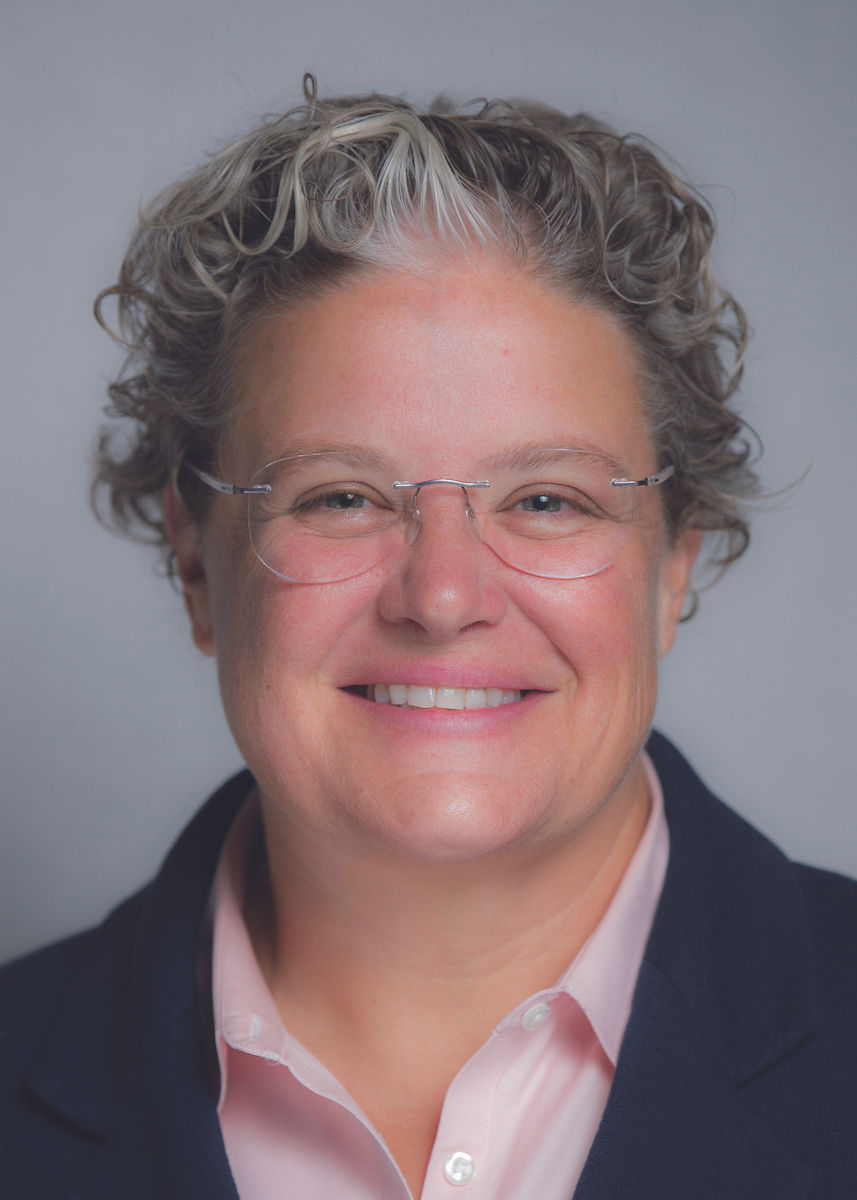Zimmel Associates leads in Central NJ flex space market
- Q&A with David Zimmel, president
- Dec 28, 2015
- 3 min read

Q First, what is flex space?
A. Flex space is industrial space that can have a higher office space component, averaging 20 to 40 percent, whereas a standard industrial building may have 15 percent of office space. It offers more flexibility for usage as office, assembly, warehousing or manufacturing, whereas standard industrial space can be limiting.
A typical flex building contains 50,000 s/f that divides into 5,000 and 10,000 s/f units. Tenants can start in 5,000 s/f and expand in the complex as their business grows. It typically works well for businesses that are going to experience quick growth.
Q. What is the state of the flex space market in Central New Jersey?
A. Flex has been one of the best markets in Central NJ for years and it is accelerating. The vacancy rate is under 5 percent. In the last 6 months we’ve received requests weekly for flex space in Central New Jersey. Demand is high and exceeds supply. Available units are hard to find.
Q. How much flex space do you represent exclusively?
A. Of our more than 5 million s/f of exclusive space, approximately 1.5 million s/f is flex, primarily located in Union, Somerset, Middlesex and Monmouth counties.
Q. What types of businesses is flex best suited for?
A. Many types. Service-oriented companies, research type companies, such as electronics distribution, light manufacturing, IT. It is great for businesses that need plenty of office space in conjunction with warehouse or distribution space. As general rule, flex offers a higher end image than a typical industrial building.
Q. What other attributes differentiate flex?
A. Flex buildings have to have ample parking capability to allow for heavy office staff. It is more upgraded with regard to exterior and interior finishing. For instance, flex will offer more windows to accommodate its higher office component, whereas industrial, non-flex type space will have more warehouse type components.
Q. How did Zimmel Associates become an established leader in the flex market?
A. My father, Bernard Zimmel was the originator of the concept back in 1969. He shared the idea with Denholtz Associates, a development firm that is a valued Zimmel Associates client to this day. Jack Denholtz built the first flex buildings in Rahway, Fairfield, East Brunswick and South Plainfield, NJ. The buildings became very popular so more flex space was developed.
Q. What advice do you have for seekers of flex space?
A. Start looking earlier than you may think you need to. Six to nine months in advance is good, so the broker gets a jump on meeting your needs. The windows of opportunity close quickly as flex space stays empty for short period of time. In addition, there is very little new construction of flex space in Central New Jersey.
Q. If tenants don’t start looking early, what happens?
A. Those who wait till the last minute will find that brokers have no where to put them right away. They may have to settle on a more industrial type building, larger space, or go further south past exit 8A of the NJ TPKE or further west off of Rt. 287 than they originally intended. They may be forced to stay in the space they are in longer than they want to.
Q. What are typical Central NJ flex rents and how do they compare to standard industrial space?
A. Flex space is about 10 to 15% higher than more basic industrial space. For a 5,000 to 10,000 s/f unit in central NJ, tenants can expect to pay $6.75 to $8.00 per s/f triple net, meaning tenant has to pay taxes and their share of common area maintenance. Taxes are typically $1.50 to $2.25 per s/f per year.
Q. If flex is so popular, why is there little new construction?
A. There is not a lot of vacant buildable land available in the area. The cost of the land is so expensive that the numbers a developer needs in rent to get a reasonable return are not attainable. Developers are actively looking to buy buildings that can be converted. The issue is that older industrial buildings don’t meet the parking requirement to accommodate the high ratio of office space needed for flex.
Q. What does the future hold for Central NJ flex space?
A. It will continue to be in high demand, so plan ahead, and rely on an experienced, well-informed broker that knows the marketplace.
David Zimmel is president of Zimmel Associates, Edison, NJ.







